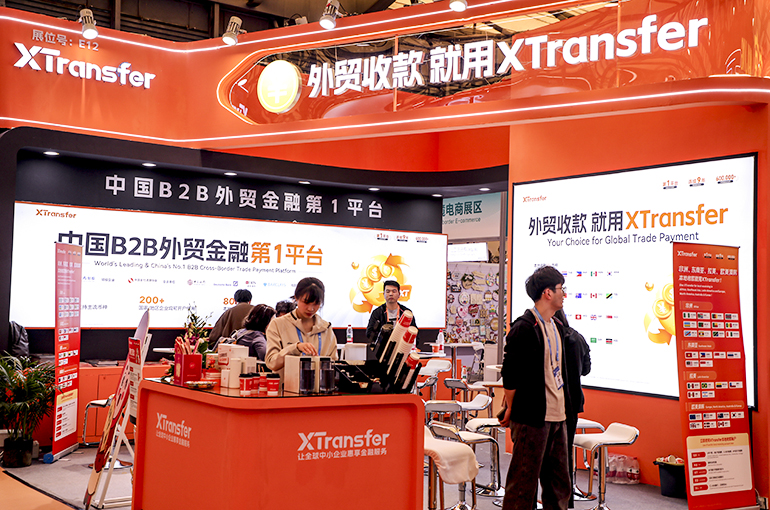 Stablecoins’ Biggest Role Will Be in Cross-Border B2B Payments, XTransfer CEO Says
Stablecoins’ Biggest Role Will Be in Cross-Border B2B Payments, XTransfer CEO Says(Yicai) Sept. 15 -- The biggest application scenario for stablecoins is in business-to-business cross-border payments, the founder and chief executive officer of XTransfer, a Chinese fintech firm serving global trade, said recently.
Cross-border businesses face real challenges when it comes to payments, such as high fees and long processing times at intermediary banks, Deng Guobiao said at the recent Inclusion·Conference on the Bund in Shanghai. Stablecoins can help solve these problems by reducing service charges and speeding up transfer times.
The stablecoin ledger is a global, open blockchain ledger unlike the private and closed ledgers of banks, Deng said. For import and export firms, stablecoins act like portable digital dollars, digital euros and, in the future, even digital Chinese yuan.
Within the next three years, all import and export companies will be using dual-currency wallets that support both legal tender and stablecoins, Deng predicted.
Stablecoin transactions are fully traceable on the blockchain, can be checked in real time and support smart contracts, Deng said. In the future, payment verification will be automatically carried out between the payer and the payee through smart contracts, making anti-money laundering and risk control work more efficient.
XTransfer serves not only Chinese exporters but also foreign trade firms in Europe, the Middle East, Africa, South America and other places. Some importers in Argentina and other South American countries are already making cross-border payments with stablecoins and more countries are likely to follow suit, Deng said.
However, the widespread adoption of stablecoins will take time and traditional payment methods are likely to remain dominant in the short term, industry insiders said. Stablecoins will likely exist as an extension of existing fiat currencies. The hurdles not only lie in technology and costs, but also in entrenched cultural and behavioral habits. It will take time to overcome these challenges.
“Under current regulations, companies in China cannot use stablecoins, and it will be some time before they are able to,” Deng said.
Editor: Kim Taylor